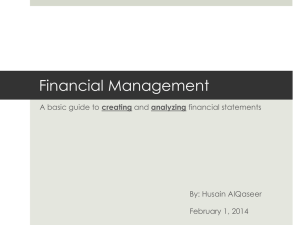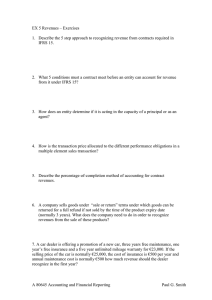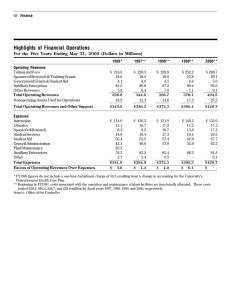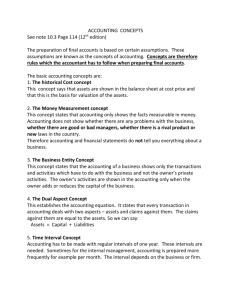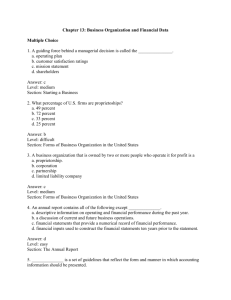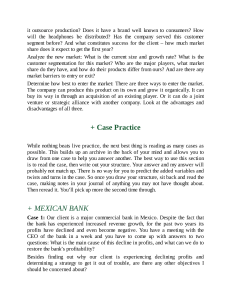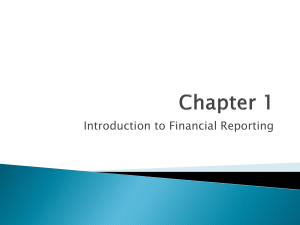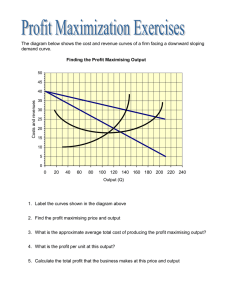Soal-Soal Minggu ke-3 dari Chapter 5: 1.
advertisement
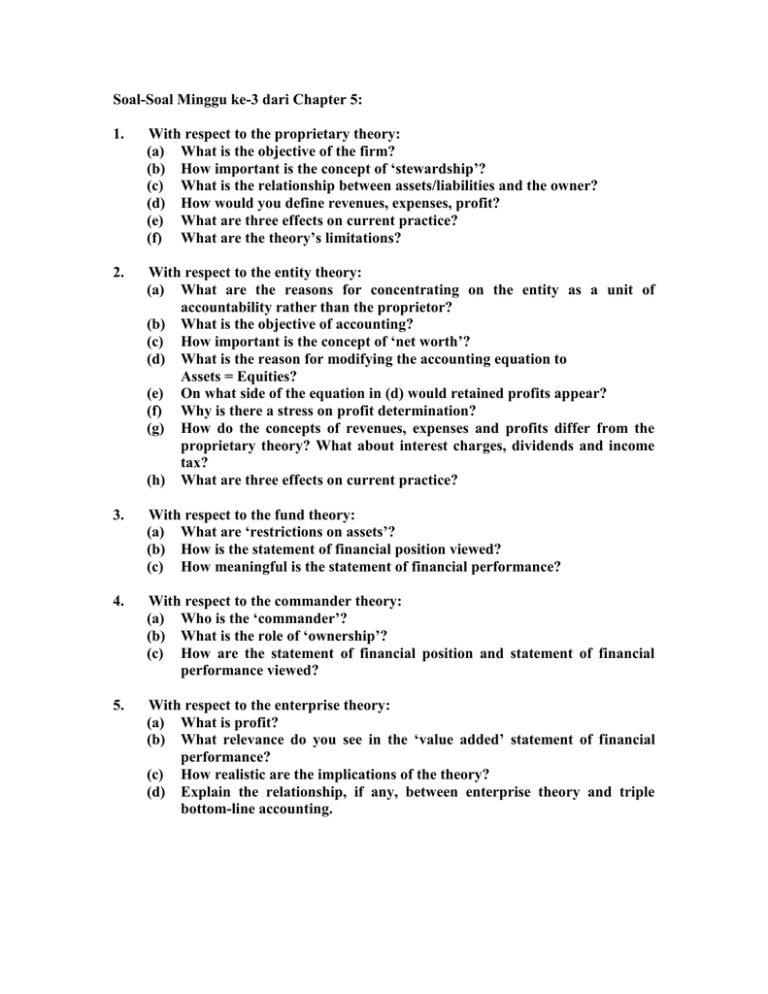
Soal-Soal Minggu ke-3 dari Chapter 5: 1. With respect to the proprietary theory: (a) What is the objective of the firm? (b) How important is the concept of ‘stewardship’? (c) What is the relationship between assets/liabilities and the owner? (d) How would you define revenues, expenses, profit? (e) What are three effects on current practice? (f) What are the theory’s limitations? 2. With respect to the entity theory: (a) What are the reasons for concentrating on the entity as a unit of accountability rather than the proprietor? (b) What is the objective of accounting? (c) How important is the concept of ‘net worth’? (d) What is the reason for modifying the accounting equation to Assets = Equities? (e) On what side of the equation in (d) would retained profits appear? (f) Why is there a stress on profit determination? (g) How do the concepts of revenues, expenses and profits differ from the proprietary theory? What about interest charges, dividends and income tax? (h) What are three effects on current practice? 3. With respect to the fund theory: (a) What are ‘restrictions on assets’? (b) How is the statement of financial position viewed? (c) How meaningful is the statement of financial performance? 4. With respect to the commander theory: (a) Who is the ‘commander’? (b) What is the role of ‘ownership’? (c) How are the statement of financial position and statement of financial performance viewed? 5. With respect to the enterprise theory: (a) What is profit? (b) What relevance do you see in the ‘value added’ statement of financial performance? (c) How realistic are the implications of the theory? (d) Explain the relationship, if any, between enterprise theory and triple bottom-line accounting.

